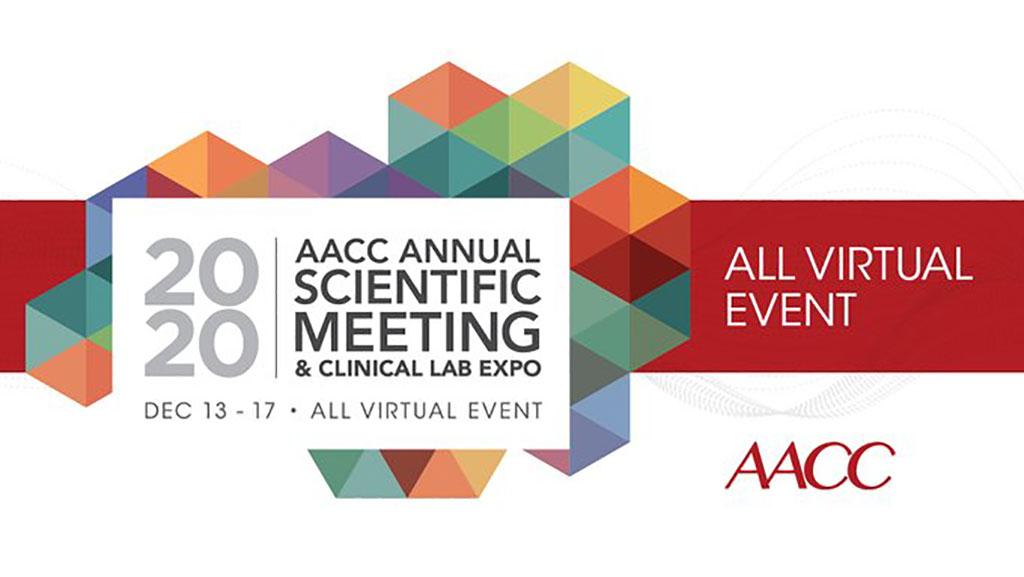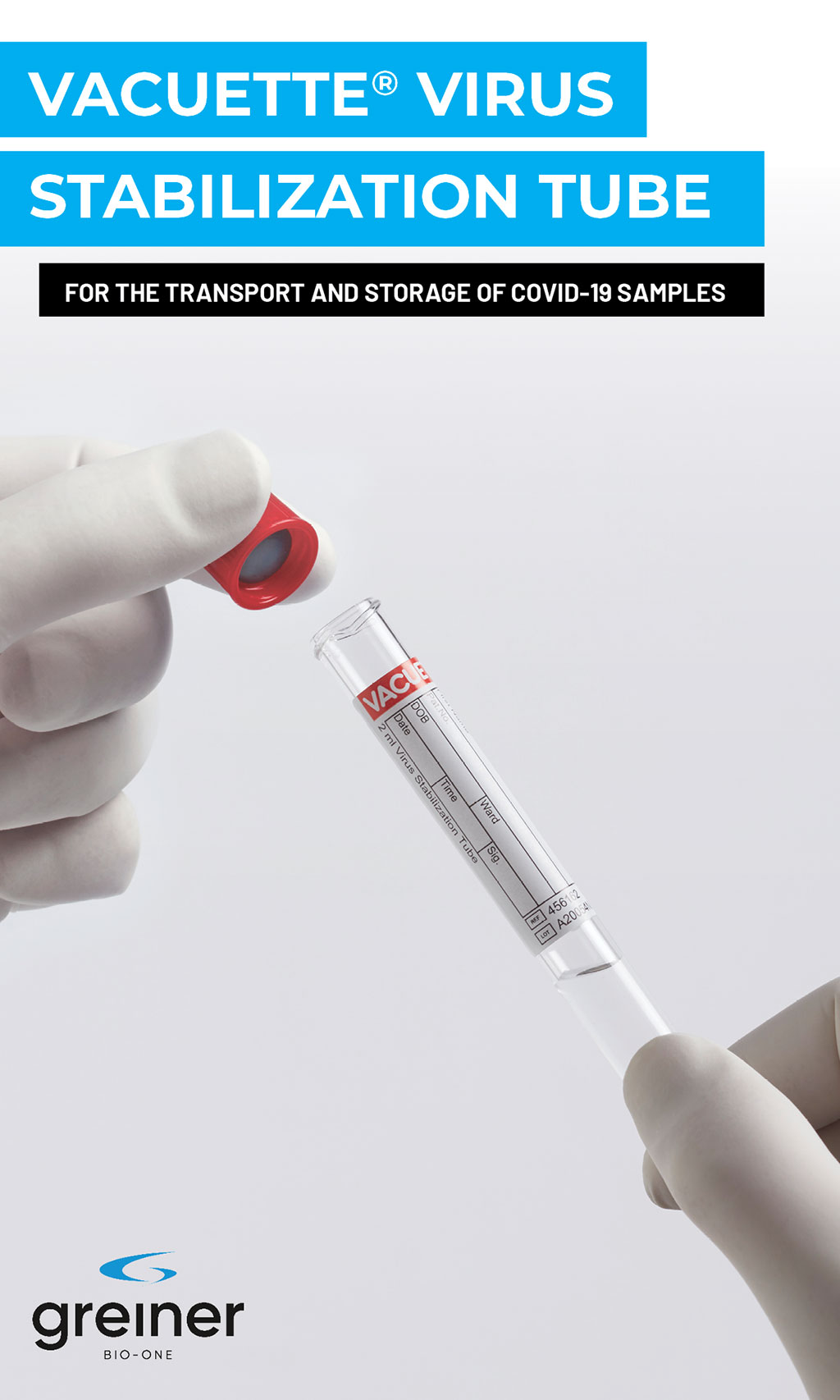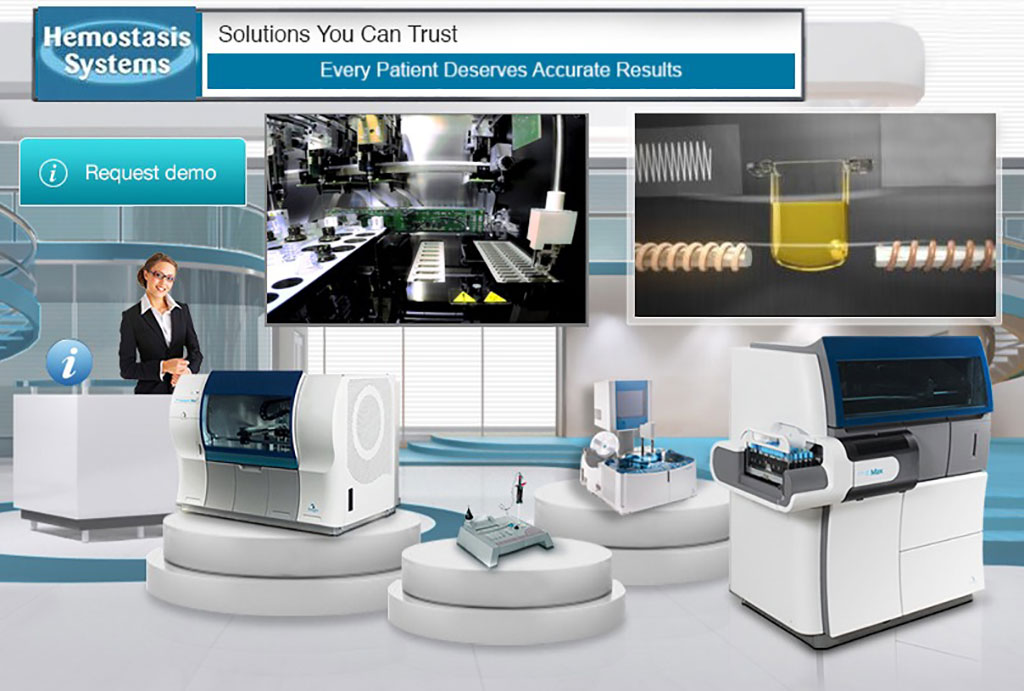Regulatory Readiness: Tips for Surviving Surveys and Staying in Compliance
By CLN Stat
Posted on 14 Dec 2020
Veteran accreditation insiders detail solutions for common deficiencies, pathway to improving quality of care.Posted on 14 Dec 2020
An interactive scientific session at the 2020 AACC Annual Scientific Meeting & Clinical Lab Expo addresses the most common concerns cited across accrediting agencies that lead to noncompliance in laboratory medicine. Speakers plan to focus on competency assessment, one of the most common areas of citation.

Illustration
Are You Meeting All the Regulatory Requirements? A Survival Guide for Laboratory Compliance takes place December 14 from 2 to 4:30 p.m. Central Standard Time. It’s worth 2 ACCENT credit hours.
Elia Mears, MS, MT (ASCP)SM, a lab surveyor for The Joint Commission, will discuss the quest for laboratory quality through competency assessment. Attendees will learn how to use regulatory assessment criteria to evaluate competency, identify those qualified to perform the assessment, and integrate the competency assessment program into their lab’s quality assessment plan, Mears told CLN Stat. She’ll also inform attendees about how to build a more robust competency assessment program. “Understanding CLIA roles is critical in the functioning of the laboratory,” she emphasized.
Brad Karon, MD, PhD, a professor of laboratory medicine and pathology at the Mayo Clinic, follows with a talk on the most common lab accreditation citations in the College of American Pathologists’ (CAP) accreditation program and ways to prevent common citations.
No matter how simple the lab test, errors can occur if it’s not performed correctly, leading to significant patient harm, Mears said. “Competency assessment is a focused approach to achieve confirmation that personnel training is effective and established procedures are followed, producing quality results.”
Specific educational requirements apply to personnel conducting lab tests under CLIA, noted Mears. “The exception is waived testing, which may be performed by anyone, following manufacturer instructions and good laboratory practice. For nonwaived testing, specific personnel roles, qualifications, and responsibilities are defined in the Federal Register Subpart M. Understanding the requirements as outlined in Subpart M may be confusing,” she noted.
Delegation of duties is a common area where labs fail, said Karon, who sits on CAP’s Continuous Compliance Committee, which sets requirements for labs to do proficiency testing (PT). This involves understanding which elements of the quality system have been delegated to which CLIA roles and making sure that delegated duties are carried out, he added. Reviewing PT results and corrective action for any missed PT challenges is another area cited often by regulatory and accrediting agencies.
Having a robust competency assessment program is essential, “especially for labs and hospitals with large point-of-care testing programs where many testing personnel are outside the walls of the conventional laboratory,” added Karon.
Participants will gain an understanding of how the CAP Laboratory Accreditation Program helps labs prevent common errors and quality gaps in the laboratory.
Related Links:
2020 AACC Annual Scientific Meeting
Are You Meeting All the Regulatory Requirements? A Survival Guide for Laboratory Compliance













